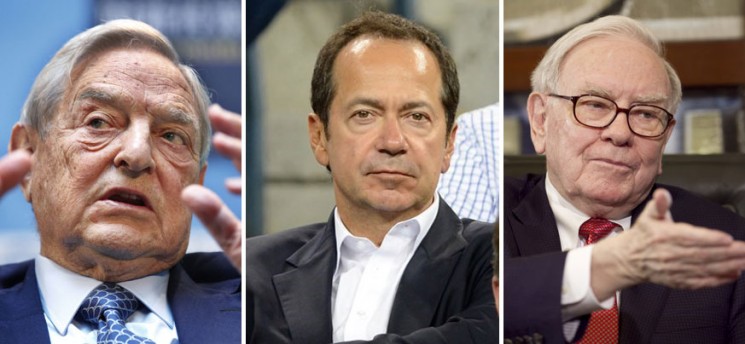Despite the 6.5% stock market rally over the last three months, a handful of billionaires are quietly dumping their American stocks . . . and fast.
Warren Buffett, who has been a cheerleader for U.S. stocks for quite some time, is dumping shares at an alarming rate. He recently complained of ?disappointing performance? in dyed-in-the-wool American companies like Johnson & Johnson, Procter & Gamble, and Kraft Foods.
In the latest filing for Buffett?s holding company Berkshire Hathaway, Buffett has been drastically reducing his exposure to stocks that depend on consumer purchasing habits. Berkshire sold roughly 19 million shares of Johnson & Johnson, and reduced his overall stake in ?consumer product stocks? by 21%. Berkshire Hathaway also sold its entire stake in California-based computer parts supplier Intel.
With 70% of the U.S. economy dependent on consumer spending, Buffett?s apparent lack of faith in these companies? future prospects is worrisome.
Unfortunately Buffett isn?t alone.
Fellow billionaire John Paulson, who made a fortune betting on the subprime mortgage meltdown, is clearing out of U.S. stocks too. During the second quarter of the year, Paulson?s hedge fund, Paulson & Co., dumped 14 million shares of JPMorgan Chase. The fund also dumped its entire position in discount retailer Family Dollar and consumer-goods maker Sara Lee.
Finally, billionaire George Soros recently sold nearly all of his bank stocks, including shares of JPMorgan Chase, Citigroup, and Goldman Sachs. Between the three banks, Soros sold more than a million shares.
So why are these billionaires dumping their shares of U.S. companies?
After all, the stock market is still in the midst of its historic rally. Real estate prices have finally leveled off, and for the first time in five years are actually rising in many locations. And the unemployment rate seems to have stabilized.
It?s very likely that these professional investors are aware of specific research that points toward a massive market correction, as much as 90%.
One such person publishing this research is Robert Wiedemer, an esteemed economist and author of the New York Times best-selling book Aftershock.



